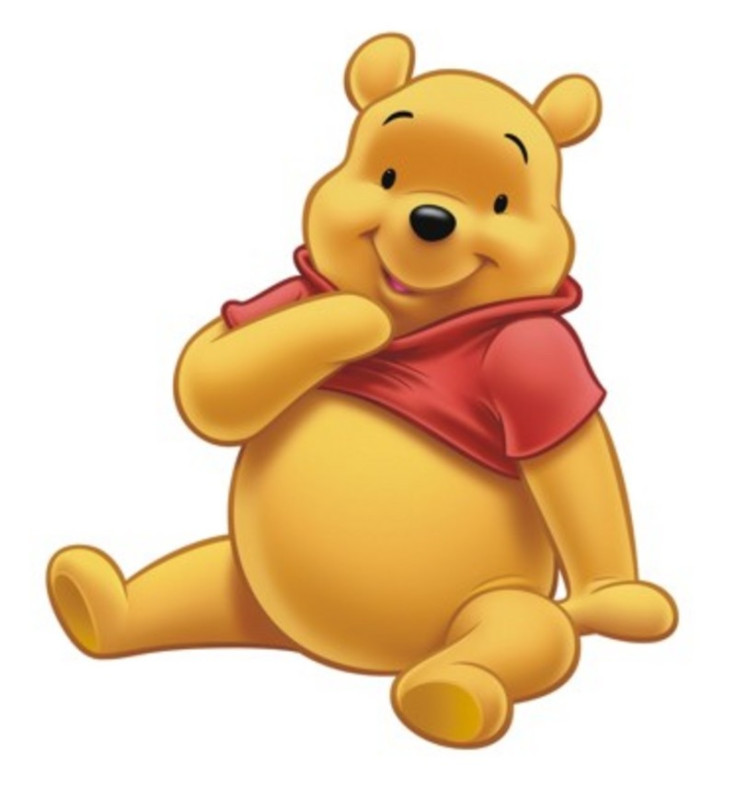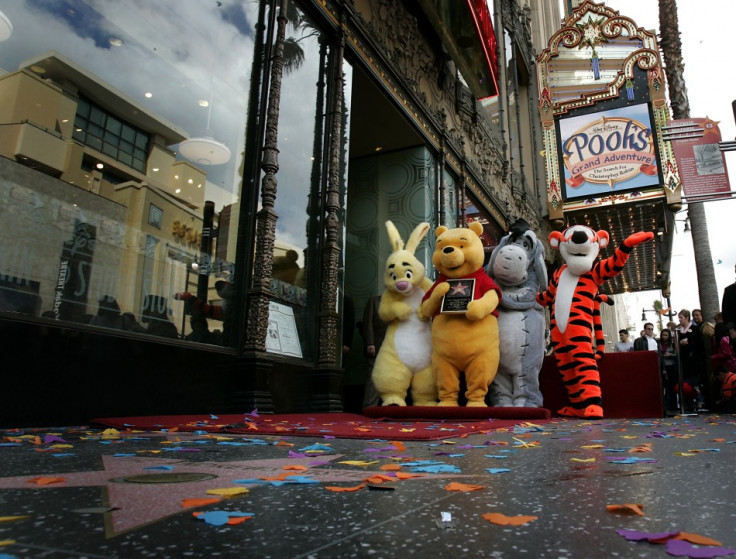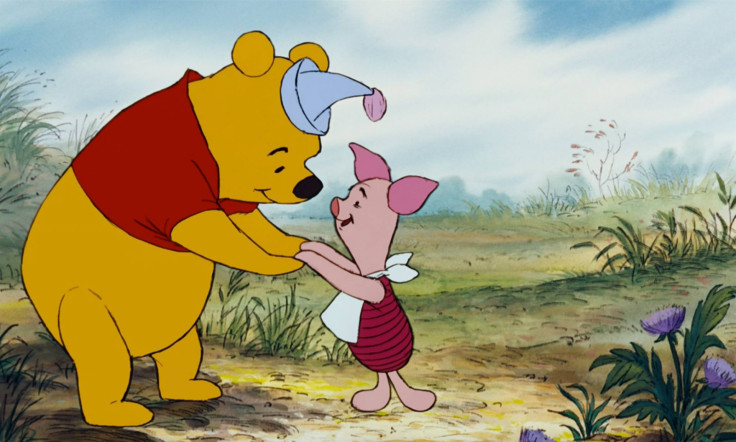Winnie the Pooh and Xi Jinping: Here is why China's censors banned the portly Disney character
The fictional dimwitted character faces an online ban after social media users reportedly began comparing Chinese President Xi Jinping to the bear.
Beloved children's cartoon character Winnie the Pooh has been blacked out from social media in China purportedly because netizens there think the Disney character looks like President Xi Jinping.
Over the weekend, posts that carried images and texts related to the fictional bear were removed by Chinese censors from sites including WeChat and Weibo because it has "become too politically sensitive", the Financial Times reported. Weibo is China's bigger-than-Twitter microblogging platform.
Even animated GIFs featuring the bear were reportedly removed from the social messaging app WeChat.
Attempts to post the Chinese characters for Winnie's name on Weibo over the weekend reportedly turned up error messages saying the request could not be processed because the "content is illegal".
This is not the first time China has blocked the portly character from the net. The famous resident of Hundred Acre Wood was banned back in 2013 following memes comparing him to Xi.

While authorities have not explained the recent clampdown, observers believe the long-standing joke could be the reason for Winnie the Pooh being blocked once again in China.
The ban is the latest in China's online censorship that has allegedly been tightened in the lead-up to the country's 19th Communist Party Congress this fall, according to the Financial Times.
"Historically, two things have been not allowed: political organising and political action. But this year a third has been added to the list: talking about the president," Qiao Mu, assistant professor of media at Beijing Foreign Studies University, said.
He noted that internet users in the mainland have been detained in the past over posts that comments about the president.
"I think the Winnie issue is part of this trend." Qiao said.

Xi and Winnie comparisons that went viral
It was in 2013 that the slow-witted, good-natured bear became a target for China's online censors for the first time.
It all started with a side-by-side image of Xi and former US president Barack Obama, and Winnie the Pooh and his slender tiger friend 'Tigger', which was widely shared online in China. The image went viral as Chinese netizens found an uncanny resemblance between their leader and Disney's rendering of AA Milne's famous character. It was soon taken down by censors.
A year later, the comparison was extended to Xi's meeting with Japanese Prime Minister Shinzo Abe, where the latter was likened to Eeyore, the sad donkey, while Xi was once again compared to the bear.
Apparently #WinnieThePooh just becomes sensitive word in #China because people think Winnie looks like #XiJinping pic.twitter.com/AInbZfuz7B
— Jake Lin (@DrJakeLin) July 16, 2017
Another Winnie-Xi side-by-side went viral in 2015, which eventually became the most censored image of that year, according to political consultancy Global Risk Insights.
The image was from September that year that showed Xi inspecting his troops with his head sticking out of the roof of a car. A similar picture of Winnie the Pooh in a toy car soon surfaced online drawing another comparison of the Chinese leader to the cartoon character.
When online users commented on the eerie similarities, China increased its online censorship and took down such posts.
Jeremy Luedi, an analyst with Global Risk Insights described China's reaction to the memes as "disproportionate and puzzling".
"Firstly where some see harmless fun, Beijing sees a serious effort to undermine the dignity of the presidential office and Xi himself," Australia's news.com.au cited him as saying.

It is worth noting that Winnie the Pooh's censorship has resurfaced at a time when Beijing is watching with unease the reactions to the recent death of Chinese dissident Liu Xiaobo. The Nobel laureate's demise is reported to have added to the crackdown of any social media content that is potentially politically sensitive in the mainland.
The Financial Times noted that the letters "RIP" were blocked from Weibo as some Chinese netizens took to the social media platform to share their sympathy for Liu.
© Copyright IBTimes 2024. All rights reserved.





